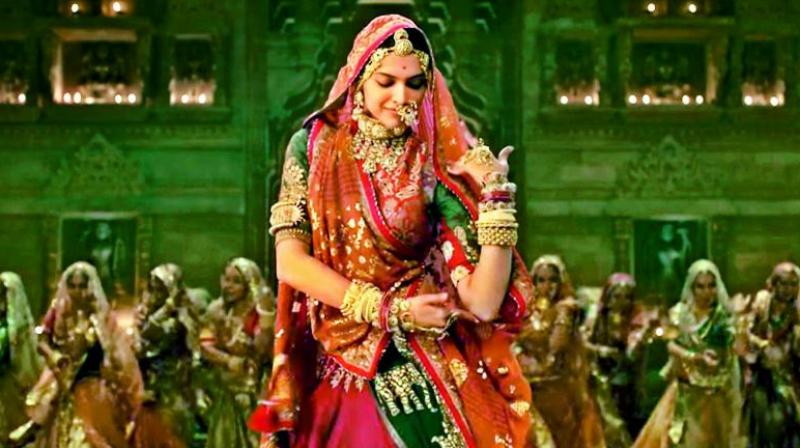Cinema trouble: Hard times for the higher judiciary

It’s not just bad days for the cinema nowadays, when determined elements in society with the implicit backing of those in power can stop a film’s screening, it’s also hard times for the higher judiciary. The Supreme Court found itself in such circumstances Tuesday when it threw out a petition seeking to ban Padmavati’s release abroad, and warned politicians and those in public office not to make adverse comments or to pre-judge the film when it hadn’t even been viewed by the censor board. But the Bihar government joined the lineup of states that have given hoodlums a free run to spew venom against the film no one has seen, and threaten its producer and cast. Those in authority evidently have no time for the court’s view that such threats are “a clear breach of law”.
If the Supreme Court can be disregarded with such abandon, it’s no surprise that the Kerala high court’s order that Malayalam film S Durga be screened at the international film festival organised by the I&B ministry in Goa (which ended Tuesday), was ignored. The film had been given a U/A certificate by the censor board. It has been screened at festivals, and has won multiple awards. But perversely, the Central Board of Film Certification cited skewed rules to not screen S Durga at the Goa festival and to demand the film’s certification afresh. The festival director and the I&B minister deserve to be taken to task. Curiously, it’s the same CBFC in which trust is being reposed to deal transparently with Padmavati.

